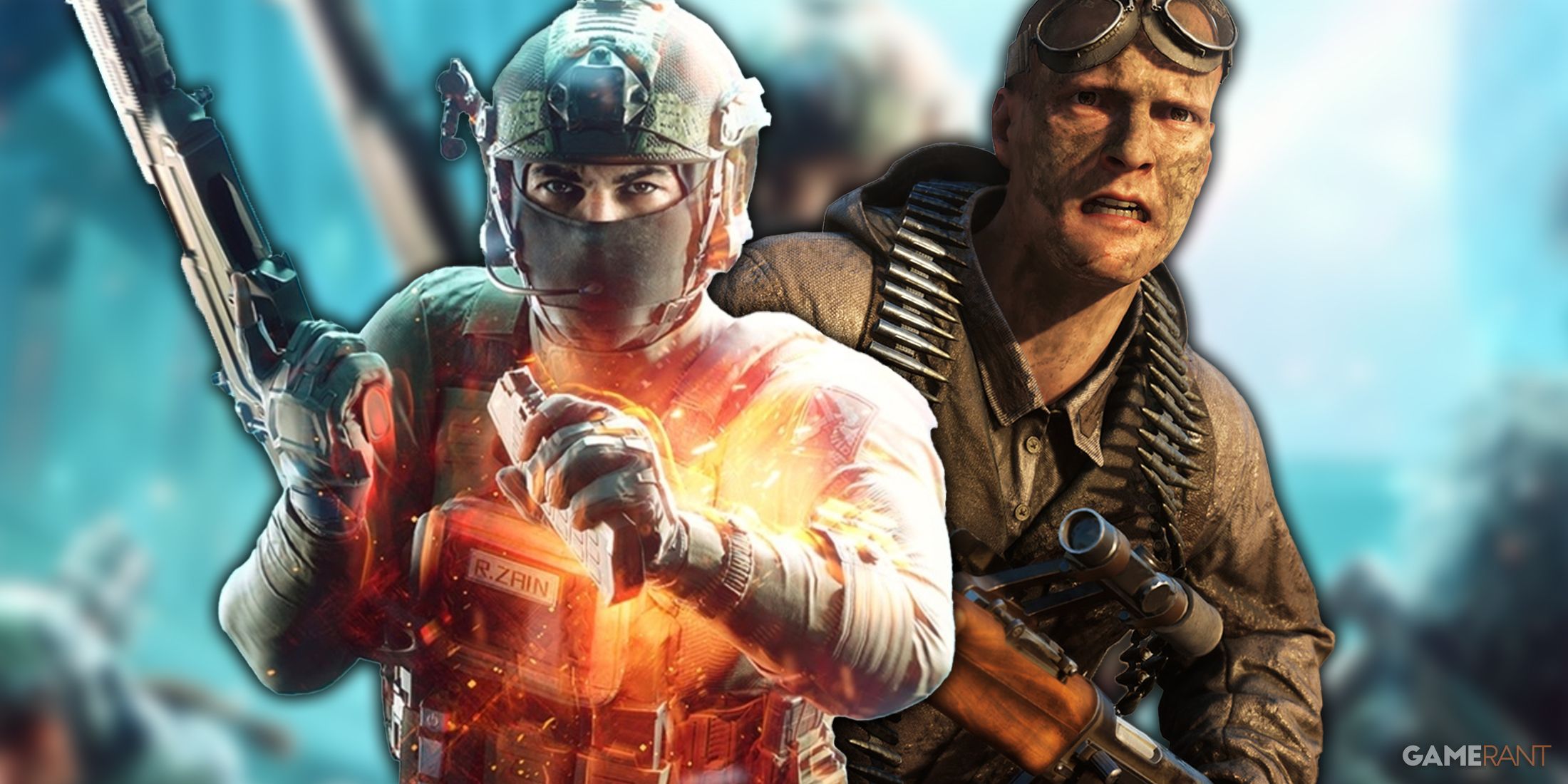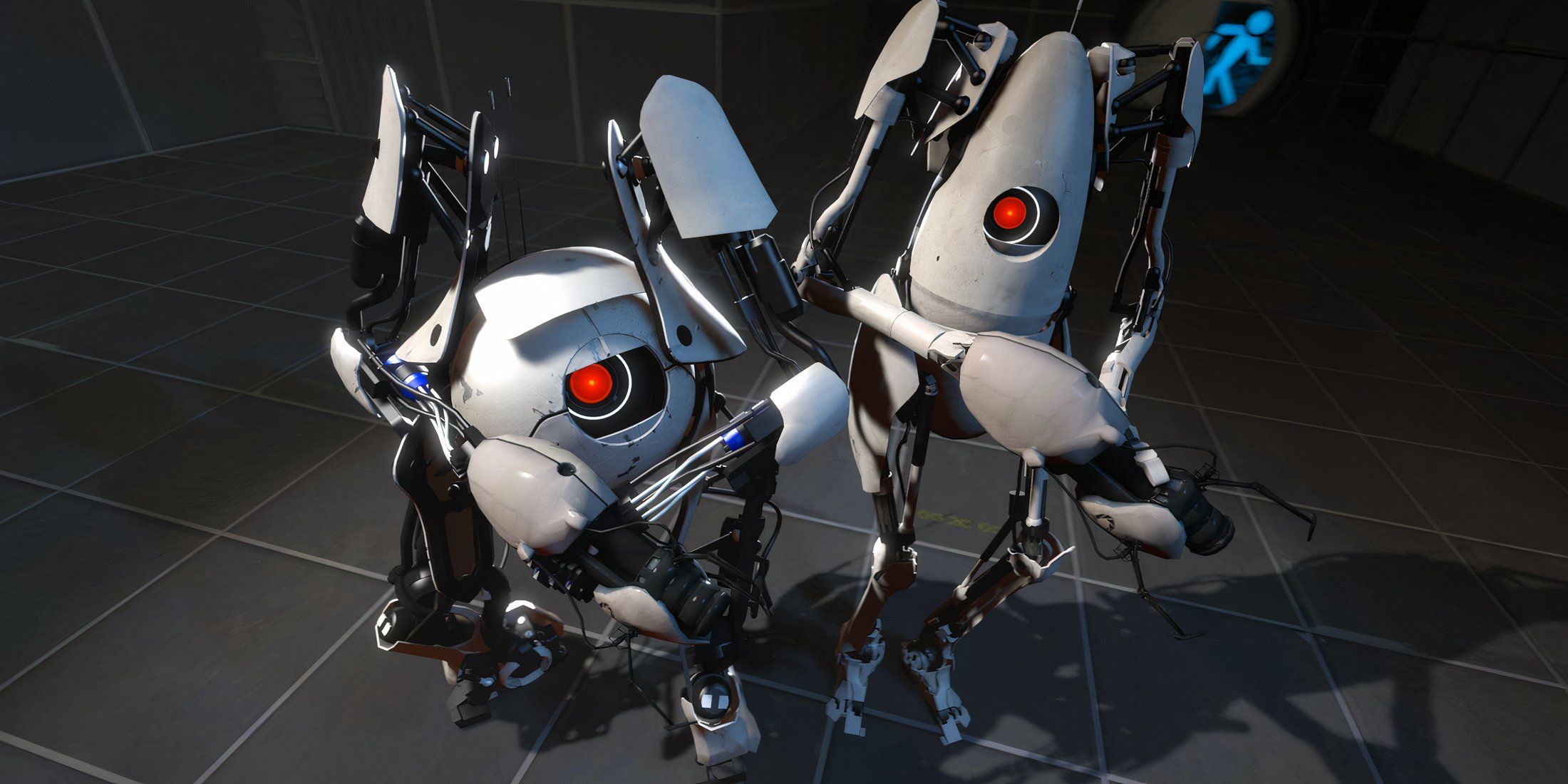Battlefield 6 Leak Shows Battle Royale Mode

The source of this leak is the same one who initially uncovered the hints of a Battle Royale mode in Battlefield 6, and the evidence seems quite convincing. Based on the data previously discovered by this leaker, it appears that the upcoming Battlefield Battle Royale mode will resemble its competitors but will also introduce intriguing new features that could potentially distinguish it from other games available.

